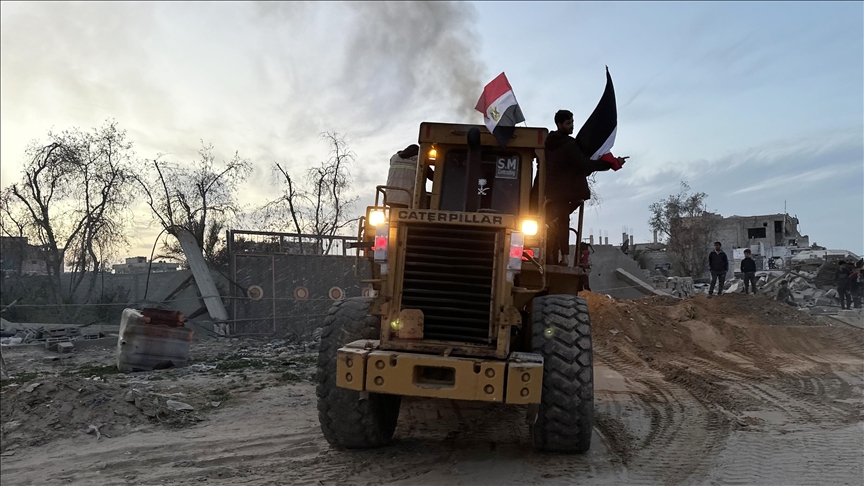The Baghdad-Erbil oil dispute has been a long-standing issue in Iraq. Disagreements over oil revenues and exports have caused tension between the central government and the Kurdistan Regional Government (KRG). However, both sides continue resolution efforts to find a lasting solution.
The dispute began when the KRG started exporting oil independently. Baghdad opposed these exports, arguing that all oil sales must go through the federal government. This disagreement led to years of legal and financial conflicts between the two governments. Despite ongoing challenges, resolution efforts remain a priority for both sides.
One major point of contention involves revenue sharing. The KRG seeks a fair share of Iraq’s oil budget, while Baghdad insists on centralized control. Both governments have held multiple negotiations, but an agreement has proven difficult. However, resolution efforts have intensified as economic stability remains a shared goal.
International mediation has played a key role in the process. Several countries and organizations have encouraged dialogue to prevent further economic and political instability. These efforts have pushed both sides to explore potential compromises. With Iraq’s economy dependent on oil, a solution is essential for national development.
Recent discussions have focused on a possible new framework for oil management. Some proposals include shared export mechanisms and transparent revenue distribution. The goal is to create a system that benefits both Baghdad and Erbil. Progress has been slow, but resolution efforts continue to shape future policies.
Economic pressure has also influenced the negotiations. Oil production is crucial for Iraq’s budget, making cooperation necessary. The dispute has impacted investment and slowed growth in the energy sector. A long-term solution would provide stability and attract foreign investors. Resolution efforts must remain consistent to ensure economic recovery.
The Baghdad-Erbil oil dispute has created financial uncertainty, but negotiations have not stopped. While challenges remain, both sides understand the importance of compromise. Resolution efforts will continue as leaders work toward a balanced and fair agreement.



